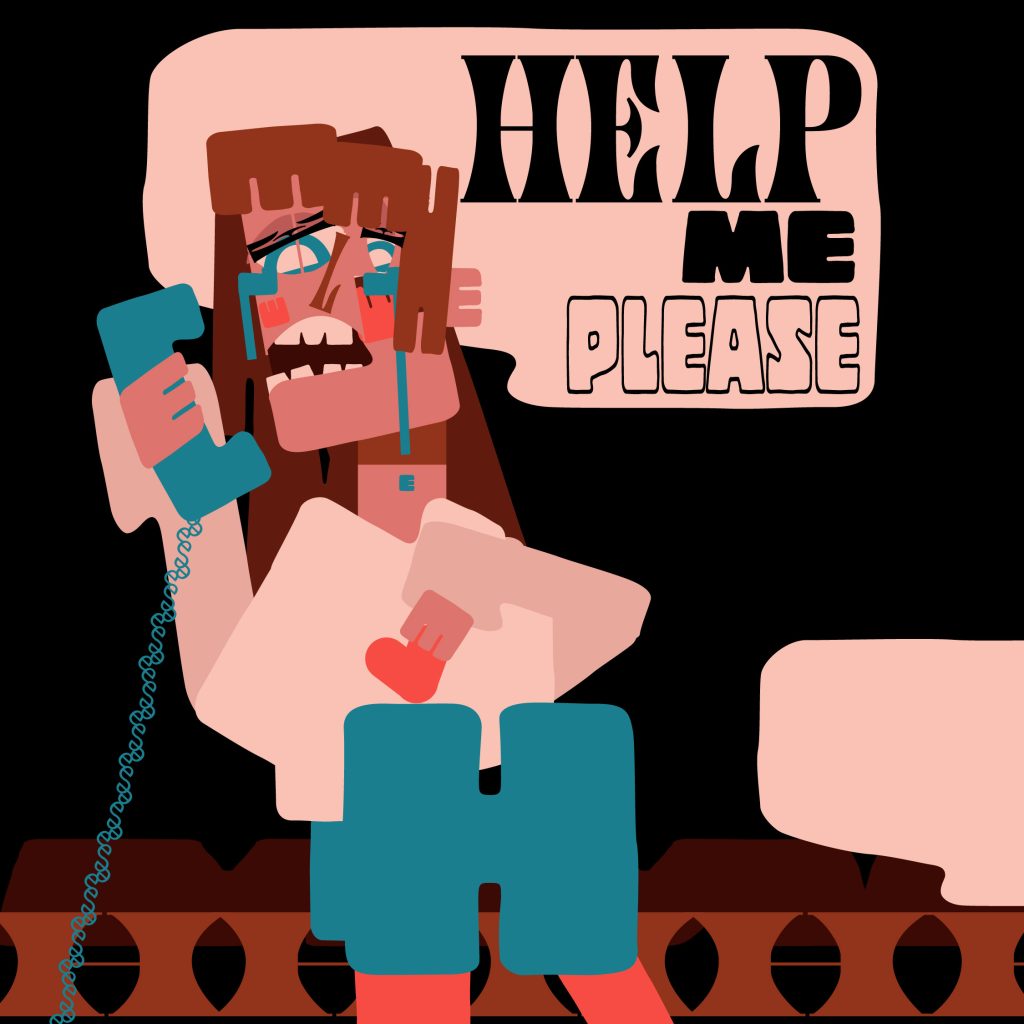New Brunswick entered Level 3 of the Winter Action Plan on January 14, and although the province has returned to Level 2, students are still doing school online for at least another week. These restrictions have many New Brunswick residents raising questions about how to support their mental health, as well as their loved ones, while being vigilant with their physical health.
The pandemic has exacerbated the already strained healthcare system in New Brunswick. With grave new records being set every week and hundreds of healthcare workers in isolation, New Brunswick’s frontline has been pushed to its brink and New Brunswickers are being forced to look elsewhere for help.
Alternatives do exist and The Canadian Mental Health Association (CMHA) is one entity that offers programs and workshops across New Brunswick in order to help meet the needs of individuals who require assistance with myriad mental health challenges.
Mobile Crisis Units are another alternative that can be used to receive mental healthcare across the province. They are active from the Miramichi to Saint John and units work hard outside of typical hours of operation, including evenings and weekends, to meet the needs of New Brunswickers.
These Mobile Crisis Units use strategic interventions to diffuse situations within our communities, as well as providing assessments in the individual’s own home or chosen environment.
These Units operate in Fredericton, Miramichi, Moncton, Saint John, and their surrounding areas, as well as the Upper River Valley Area.
In other parts of New Brunswick, Vitalité has its own mobile crisis response services. According to Vitalite’s website, these teams can assist patients with things like suicidal or psychotic thoughts, intense anxiety, and depression – challenges that require immediate attention but not necessarily an emergency room visit.
Mobile crisis response teams can provide support in cases of acute emotional distress crises and in cases of substance use or mental health crises. They also offer support to loved ones, friends, and community organizations who provide aid to those experiencing substance use challenges and mental health crises.
They can also provide information and tools to help understand the dynamics of substance use challenges and mental health crises as well as recognize the signs of psychiatric crises.
Units operate in Bathurst, Caraquet, Shippagan, Tracadie, Moncton, Shediac, Richibucto, Kent, Westmorland, and Albert Counties, as well as Edmundston, Grand Falls, Kedgwick, and Campbellton.
Any individual can access these resources. There is no need to be referred by a physician. If the situation is an emergency, call 911.
For more information on the Mobile Crisis Units across New Brunswick visit www.horizonnb.ca and www.vitalitenb.ca.
For more information on how to participate in programs by the Canadian Mental Health Association visit www.cmhanb.ca.
Horizon Mobile Crisis Unit contacts:
Fredericton
506-453-2132
Noon to 10:00 p.m. daily, including statutory holidays
Miramichi Area
506-623-3333
Noon to 8:00 p.m. daily
Moncton Area
Phone: 866-771-7760
Noon to 10:00 p.m. daily
Saint John Area
888-811-3664
11:00 a.m. to 11:00 p.m. daily (24-hour telephone response)
Upper River Valley Area
888-667-0444
2:00 p.m. to 10:00 p.m. daily
Vitalité response team contacts*:
Bathurst
506-547-2110
Caraquet, Shippagan, Tracadie
506-336-3367
Moncton, Shediac, Richibucto, Kent, Westmorland, and Albert Counties
1-866-771-7760
Edmundston, Grand Falls, Kedgwick
1-844-398-4718
Campbellton
506-789-8088
*Note: all after-hours calls are answered by Tele-Care 811




